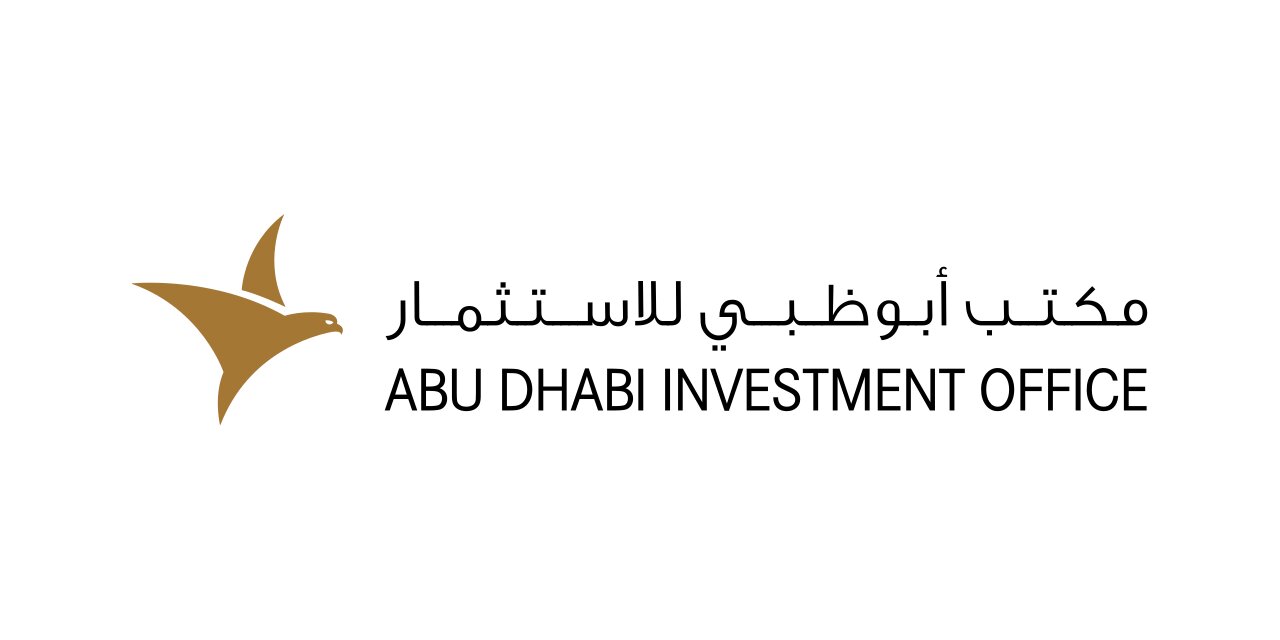
With its monumental technological influence and its ambitions to be a global hub for innovation, Abu Dhabi is a destination of increasing interest to foreign investors. Behind its world-class innovation ecosystem, stable economy and exceptional quality of life is a governance system that is agile enough to keep up with macro trends and supported by productive public-private sector relationships.
Abu Dhabi on the global stage
The UAE is in the top 30 countries in terms of GDP but ranks 17th in the Global Soft Power Index in 2021.
“This shows the outsized role we play in trendsetting and our reputation around the world,” says Salvatore Lavallo, head of FDI at the Abu Dhabi Investment Office (ADIO).
He credits this to Abu Dhabi’s favourable business environment, stable economy and ability to keep up with global trends such as the current drive towards the knowledge economy and innovation. “Because of our governance structure and our quick ability to make changes, we are able to be at the forefront of those things,” he adds.
New policy is being introduced to reduce barriers to foreign investment. For example, recently amended legislation now allows for 100% foreign ownership in almost all economic sectors. Today, companies looking to expand into Abu Dhabi are finding it easier than ever. “We recently announced that Amazon Web Services (AWS) is opening data centres in the UAE,” says Lavallo. The arrival of AWS strengthens Abu Dhabi’s status as the smartest city in the Middle East and signals a new cloud-first approach, which gives rise to a more diverse ecosystem of companies. “We are seeing a plethora of new, innovative companies from around the world coming to the emirate,” says Lavallo.
None of this would be possible without access to a sustainable workforce, something that has long been an asset for Abu Dhabi and which has only been strengthened by initiatives such as the UAE’s Golden Visa, which was designed with enhancing the skilled workforce in mind. “People are securing their residencies not only based on their jobs but also their skills,” says Lavallo. “For example, you are getting PhDs who can get ten-year visas,” says Lavallo.
To further entice skilled professionals, the city recognises it needs to complement work with an attractive quality of life, especially in a time of increased remote working. Abu Dhabi, a capital city rich in ecological wonders, has earned the title of ‘Safest City in the World’ for the past five years and is touted as one of the happiest cities in the Arab region. “With new announcements of visas for freelancers and remote working employees, Abu Dhabi is the ideal destination for employees of every status,” Lavallo concludes.
World-class ambition
This auspicious environment has not gone unnoticed by companies, with many, such as AWS, taking the opportunity to expand into the emirate. “We are seeing more companies using Abu Dhabi as their headquarters,” Lavallo observes. Music streaming services company Anghami and several international companies, from UK-founded venture capital firm Hambro Perks to fast-growing EdTech start-ups like Teacherly, have recently relocated to Abu Dhabi.
The city is also increasingly becoming a base for world-class research and development (R&D). For example, thanks to government support in the AgTech sector, Lavallo explains, indoor and vertical farming leader AeroFarms has established its first international presence in Abu Dhabi, where it will build an indoor vertical farm R&D centre.
There is a clear desire across Abu Dhabi to participate in innovation on a global level and promote the production of exportable technology. “Abu Dhabi has the same issues that are affecting the rest of the world,” Lavallo points out. In agriculture, this includes needing to fix sustainability and food security issues, and the same goes for sectors such as renewable energy. “We are in a position to have companies undertake R&D here to not only impact the local market but have an impact globally,” Lavallo says. “What we are interested in is how we can play a leading role in driving innovation on the world stage.”
Recipe for success
This positive environment has been fostered by a productive and flexible relationship between the public and private sectors in Abu Dhabi. It is also an agile system, says Lavallo. “If our leadership feel like something is right for innovation and achieving the goals we have, we get it done quickly,” he notes. “To have that kind of process, but also have the willingness to listen, makes it an incredible market for innovation.”

This culture of collaboration has its roots in the history of the UAE. “With its origins as an oil-based economy, the public and private sectors have always worked closely together,” Lavallo explains. “It enables the realisation that both the private sector and the government have complementary and equally important roles in Abu Dhabi achieving its goal of being a centre for innovation.”
ADIO is at the heart of this relationship. “We listen to private sector companies and we understand the barriers they face,” Lavallo says. “We then see what policies need to change or what regulations are getting in the way of innovation.
“Companies here see that they can be a part of the conversation and see how the policy can change,” he emphasises.
A promising future
“What is exciting is that a lot of the sectors we are focused on are not only new to Abu Dhabi, but they are new globally,” says Lavallo. This goes for everything from indoor vertical farming and alternative proteins to new cloud solution providers, autonomous and electric vehicles, cryptocurrencies, commodity trading, digitising medicine and new forms of biopharmaceutical production.
“We are focused on inclusive development that will benefit not only the people of Abu Dhabi but the whole world,” says Lavallo. “And it is really exciting to be a part of it.”


